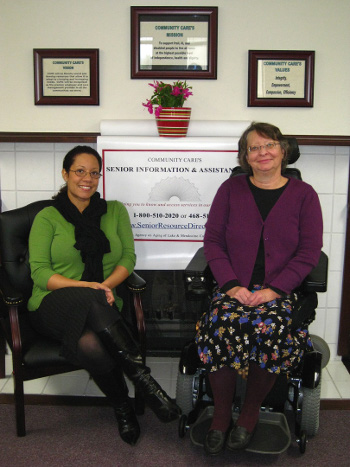OAKLAND – With tax season quickly approaching, Attorney General Edmund G. Brown Jr. is urging Californians to avoid high-cost tax-refund-anticipation loans, which force taxpayers to "borrow their own money," include numerous fees and can carry triple-digit annual interest rates.
According to the National Consumer Law Center (NCLC) and Consumer Federation of America (CFA), refund-anticipation loans cost 8.4 million American taxpayers more than $800 million in 2008.
"As tax season begins, hardworking Californians should avoid tax-refund-anticipation loans and any tax preparer who advertises these loans as early tax refunds," Brown said. "These loans carry steep interest rates and push taxpayers to borrow their own money instead of collecting their full refunds."
A refund-anticipation loan is a short-term loan secured by a taxpayer's anticipated income-tax refund. To obtain a tax-refund loan, taxpayers file electronically with a tax preparer who works directly with a bank to advance the refund as a loan- minus tax-preparation costs, a loan fee and other charges. The Internal Revenue Service (IRS) then sends the taxpayer's full refund to the bank.
According to NCLC and CFA, loan fees can range from $34 to $130 and other add-ons alternately referred to as application, administrative, e-filing, service bureau, transmission, or processing fees can range from $25 to several hundred dollars.
Tax refunds are available at no charge from the IRS. Taxpayers who file electronically and have their refund directly deposited by the IRS into their bank account will usually have their refunds in 8-15 days.
According to the IRS, refund-anticipation lenders often target low-income taxpayers, especially those who receive the Earned Income Tax Credit. Brown urges taxpayers who are considering tax-refund-anticipation loans to take advantage of the IRS's support programs.
These include:
The Volunteer Income Tax Assistance Program (VITA) Program, which offers free tax help to low to moderate-income people and members of the armed services; and
The Tax Counseling for the Elderly (TCE) Program, which provides free tax help to people aged 60 and older.
More information on these programs is available at www.irs.gov/individuals/article/0,,id=107626,00.html .
Some taxpayers may also qualify for free federal income-tax preparation and electronic filing through the Free File program, a partnership between the IRS and the Free File Alliance LLC, a group of private sector tax software companies. More information is available at: www.irs.gov/efile/article/0,,id=118986,00.html .
Taxpayers can also locate their nearest free tax service by calling the IRS at 1-800-829-1040.

 How to resolve AdBlock issue?
How to resolve AdBlock issue? 








